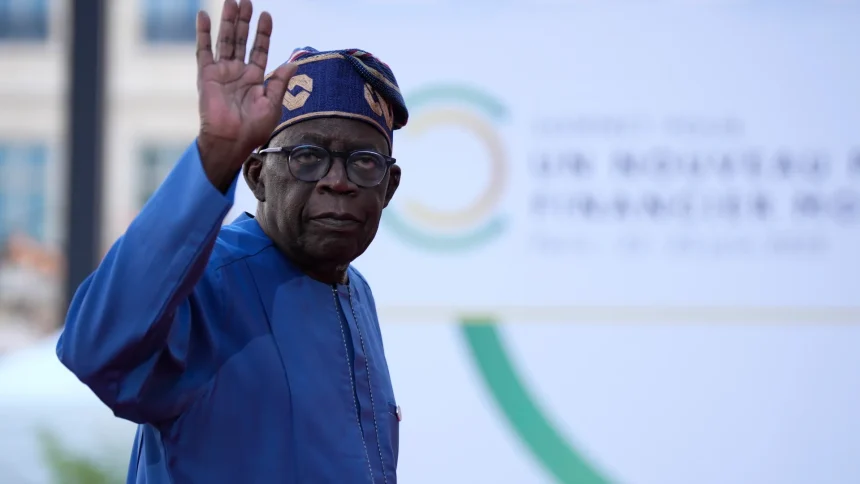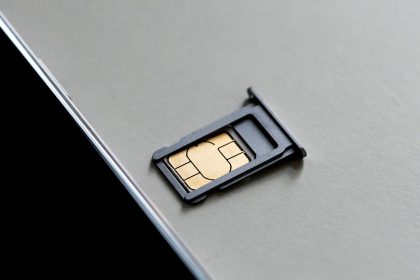Nigeria has become a partner country in BRICS, aligning itself with one of the world’s most influential economic blocs—Brazil, Russia, India, China, and South Africa.
This move positions Africa’s largest economy to tap into BRICS’ growing global influence and economic opportunities
Driving the news
- BRICS leaders announced Nigeria’s inclusion during a special summit on global economic partnerships.
- Nigeria is not a full member but gains access to strategic initiatives, including trade agreements, infrastructure funding, and policy dialogues.
The big picture
- Nigeria’s economy, the largest in Africa, has been grappling with challenges like inflation, a weak currency, and infrastructure deficits.
- BRICS nations, particularly China and India, are key trading partners for Nigeria, with significant investments in oil, agriculture, and technology.
Zoom in
- Opportunities: Nigeria could benefit from BRICS’ New Development Bank (NDB), which finances infrastructure and sustainable development projects.
- Challenges: Nigeria must align its domestic policies to leverage BRICS partnerships effectively while managing existing relationships with Western allies like the U.S. and the EU.
What they’re saying
- President Bola Ahmed Tinubu: “This partnership underscores Nigeria’s commitment to global economic integration and sustainable development.”
- Economic analysts: Some view this as a strategic pivot to diversify Nigeria’s global partnerships amid growing skepticism of Western-dominated financial systems.
Between the lines
Nigeria’s inclusion signals BRICS’ increasing focus on Africa, as the bloc seeks to counter Western dominance and enhance economic collaboration within the Global South.
What to watch
- How Nigeria leverages BRICS partnerships to address its economic challenges.
- Potential reactions from Western partners concerned about Nigeria’s geopolitical shifts.
Source: Nairametrics










